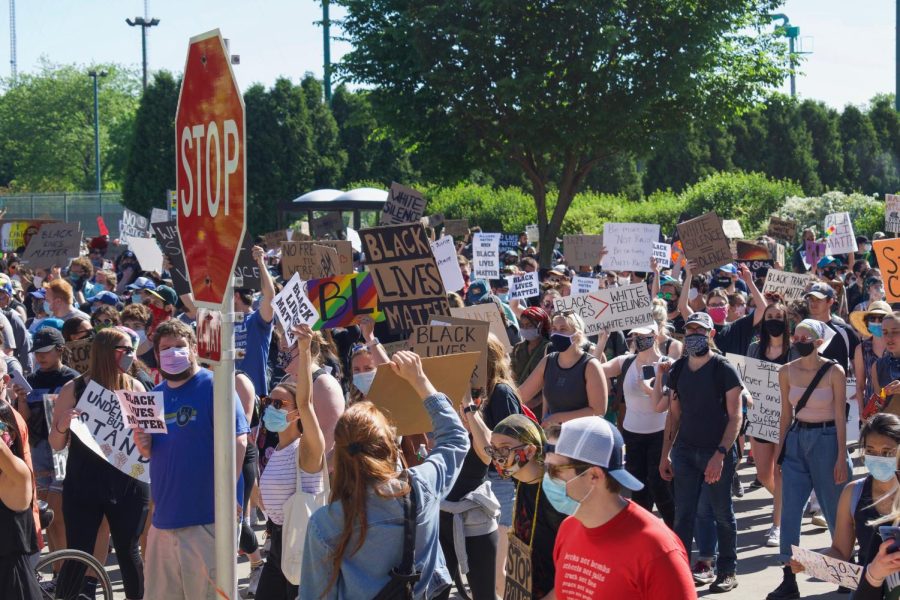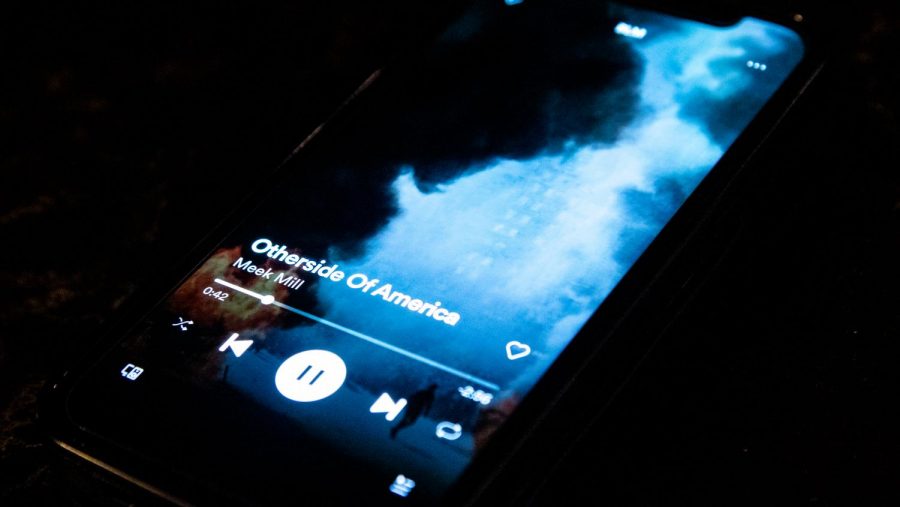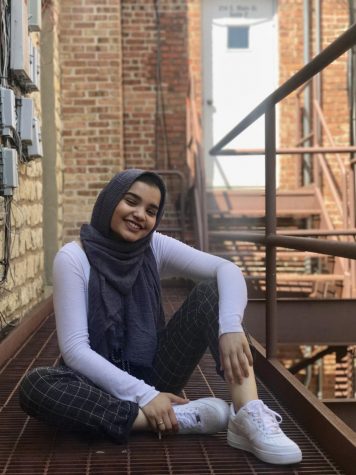It was like any other June day when I woke up and checked my social media timelines.
I went to Instagram and immediately noticed that countless stories on my feed were slightly different than the usual, positive and upbeat posts. Many people had changed their profile pictures to a solid blue color. I scrolled through others’ stories and encountered more blue circles at the top of my Instagram feed.
I clicked on one of the circles and saw my friend had posted about a crisis occurring in Sudan with the hashtag #BlueforSudan. Others had linked increasingly popular Instagram posts to their stories that explained the oppression faced by the Sudanese people.
My curiosity about the situation led me to research online and learn that thousands of Sudanese individuals were protesting against a brutal government crackdown, resulting in the death of thousands of civilians in the country’s capital, Khartoum.
The blue color was Mohamed Mattar’s favorite color. Mattar was an individual who was killed at the hands of a Sudanese paramilitary group.The color honored his death and the terrible deaths of countless others like him. Eventually, people across the world were using that same blue to stand in solidarity with the protestors.
By reading more about the crisis and understanding the Sudanese people’s vulnerable state, I was inspired to also turn my Instagram profile picture that same blue.
Soon, celebrities like Demi Lovato and Naomi Campbell did the same. Rihanna also took to Twitter and created a thread discussing the ongoing conflict in Sudan. Soon after the influx of blue profile pictures, #IAmSudaneseRevolution was trending on Twitter.
Although there was a clear indication that this issue was reaching a large number of people all over the world, especially those who have a large social media presence, some were very doubtful of the effect that changing a profile picture could have on an international crisis. The same people that hold this belief assume that sharing a post or liking a Tweet is not a true form of social activism and will not have a real impact.
The purpose of social media is not solely to share updates on one’s life. A large percentage of Americans use social media for political engagement and activism because it is an easily accessible method to reach thousands of people. Because of social media’s global reach, it holds a lot of influence and power in today’s society. With that much power people have the responsibility to use social media to promote social justice issues and help those in need, no matter where they are in the world.
Social media has simply become another form of activism that calls for such a large following.
In response to the trending hashtag #BlackLivesMatter in 2018, Pew Research Center completed a survey, which found that 64% of Americans believe “social media helps give a voice to underrepresented groups.” Those who are oppressed or disadvantaged do not have nearly the same reach as those with thousands of followers, according to the study. They do have the power, however, to create a viral Tweet and share pressing information others need to know.
Those with the privilege of having freedom and living safe lives have the responsibility to help others whose freedom is taken away from them. These privileged individuals must be aware of global crises so they can offer a helping hand and influence others with greater power to make substantial changes.
It would be ineffective for people to use their social media without a greater global purpose. Social media can raise awareness about serious disasters and prompt action to be taken.
Social media activism is real and highlights awareness for pressing issues. Not all people have the power to fix them, but more information means more hope for the future of these people.








